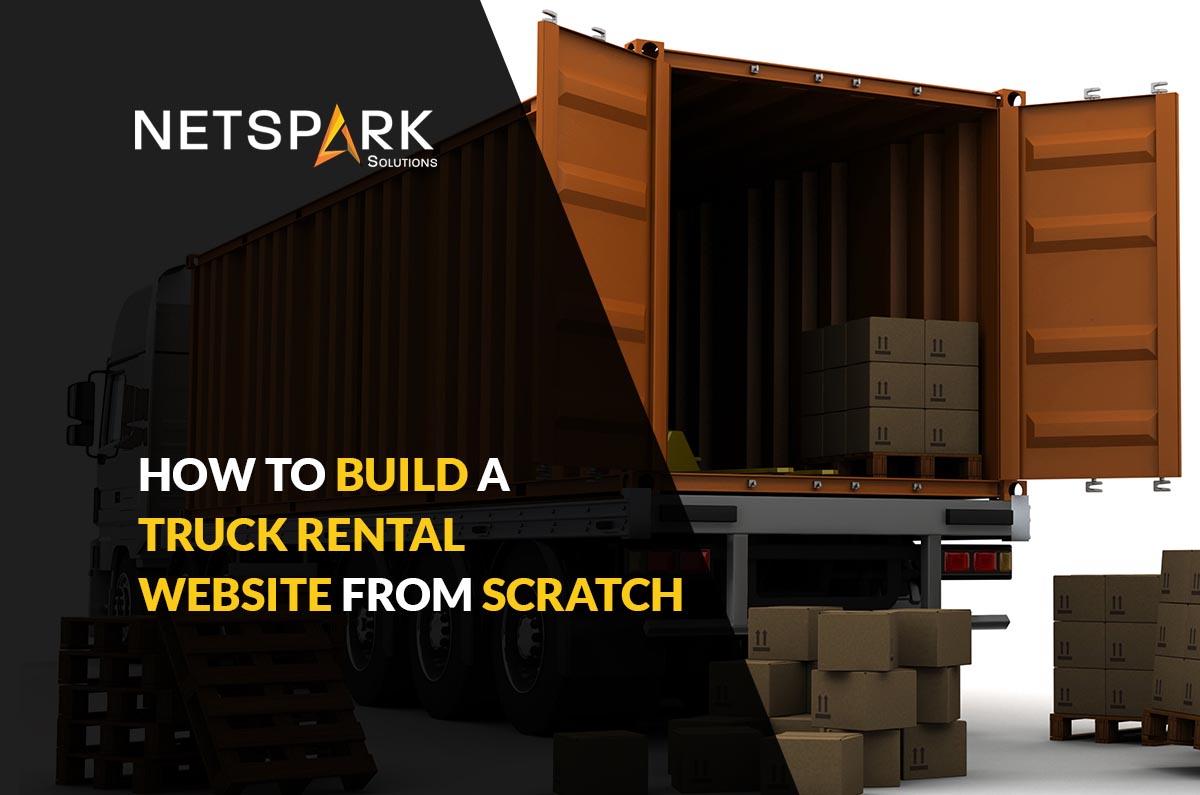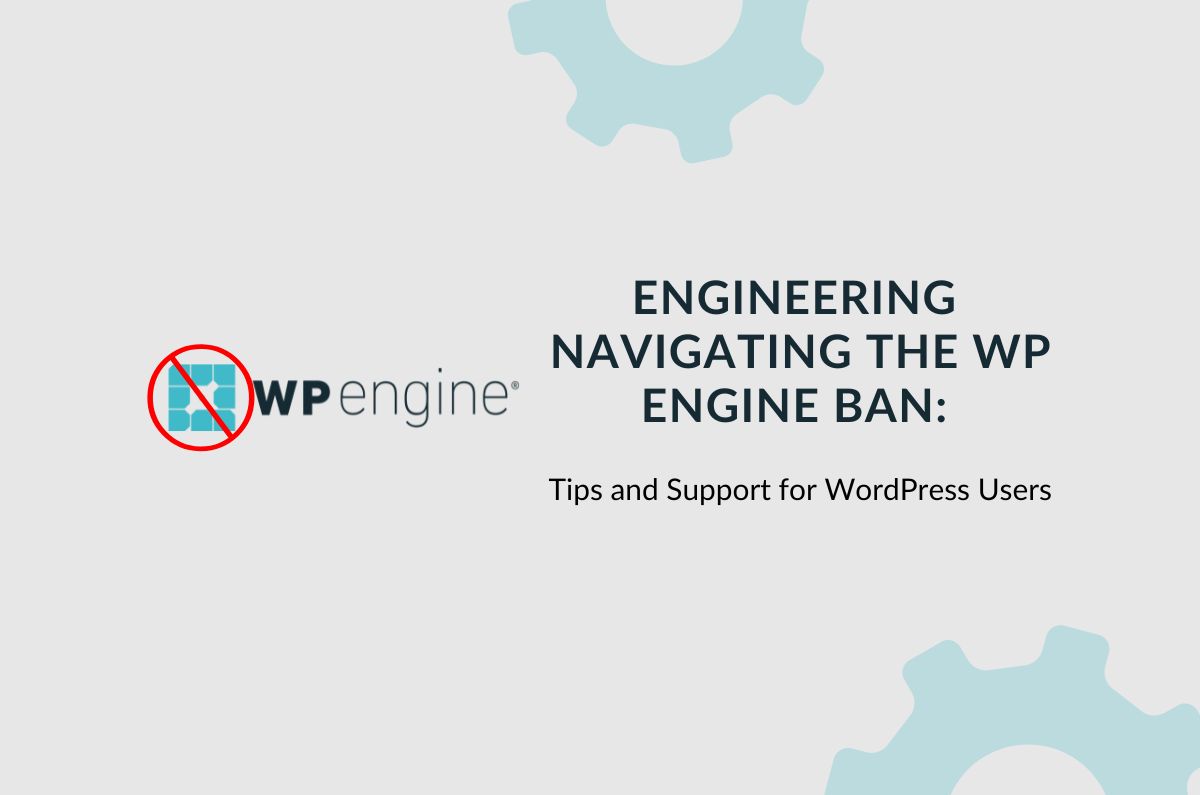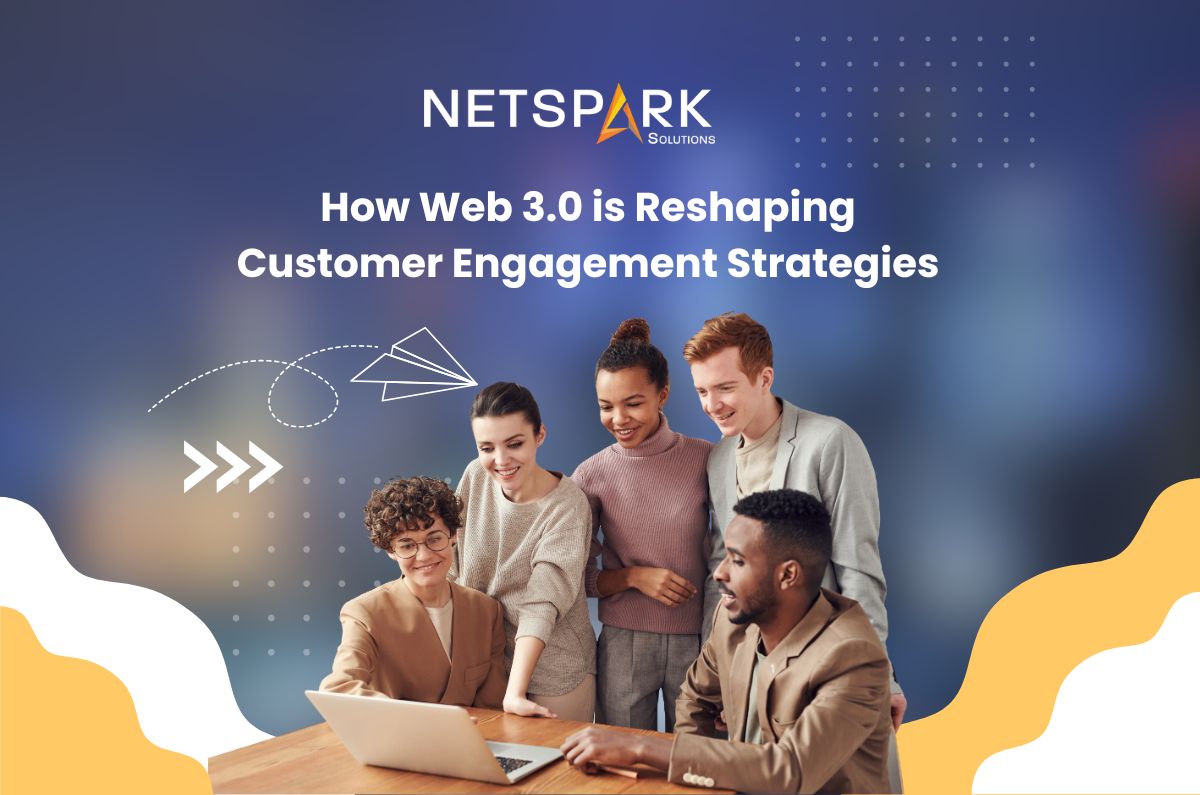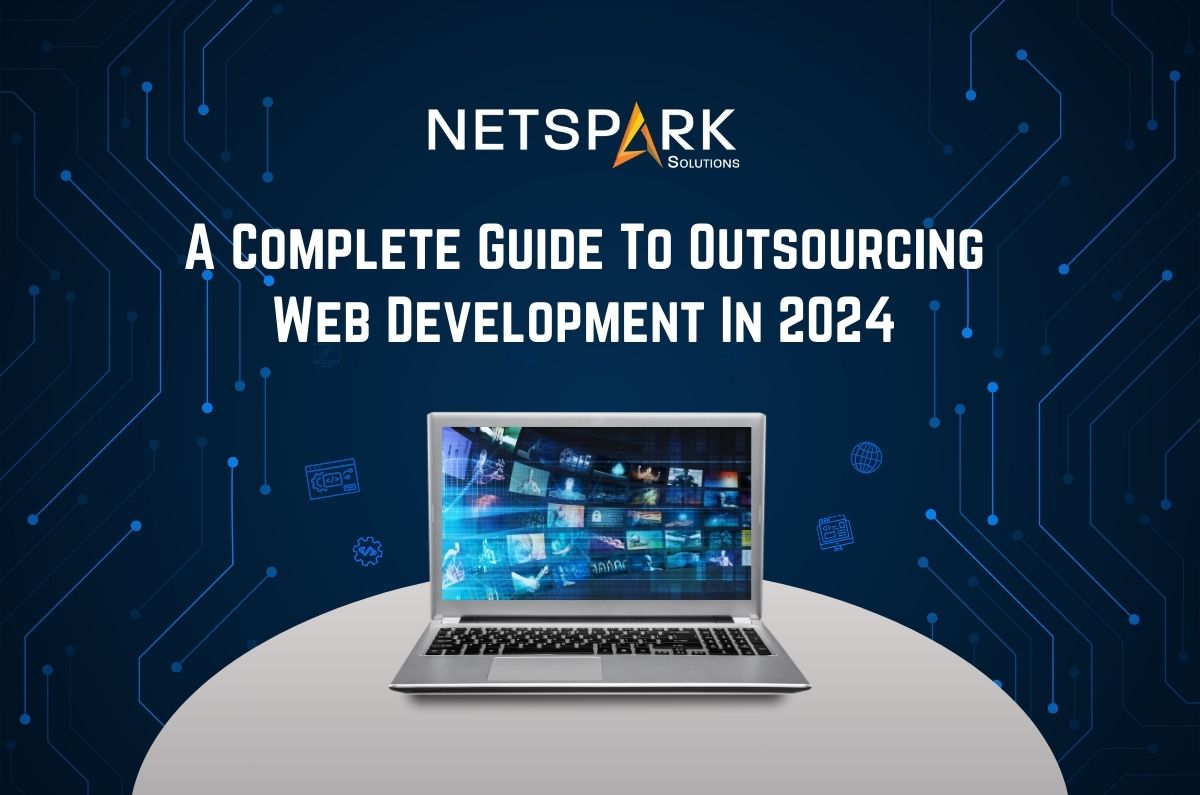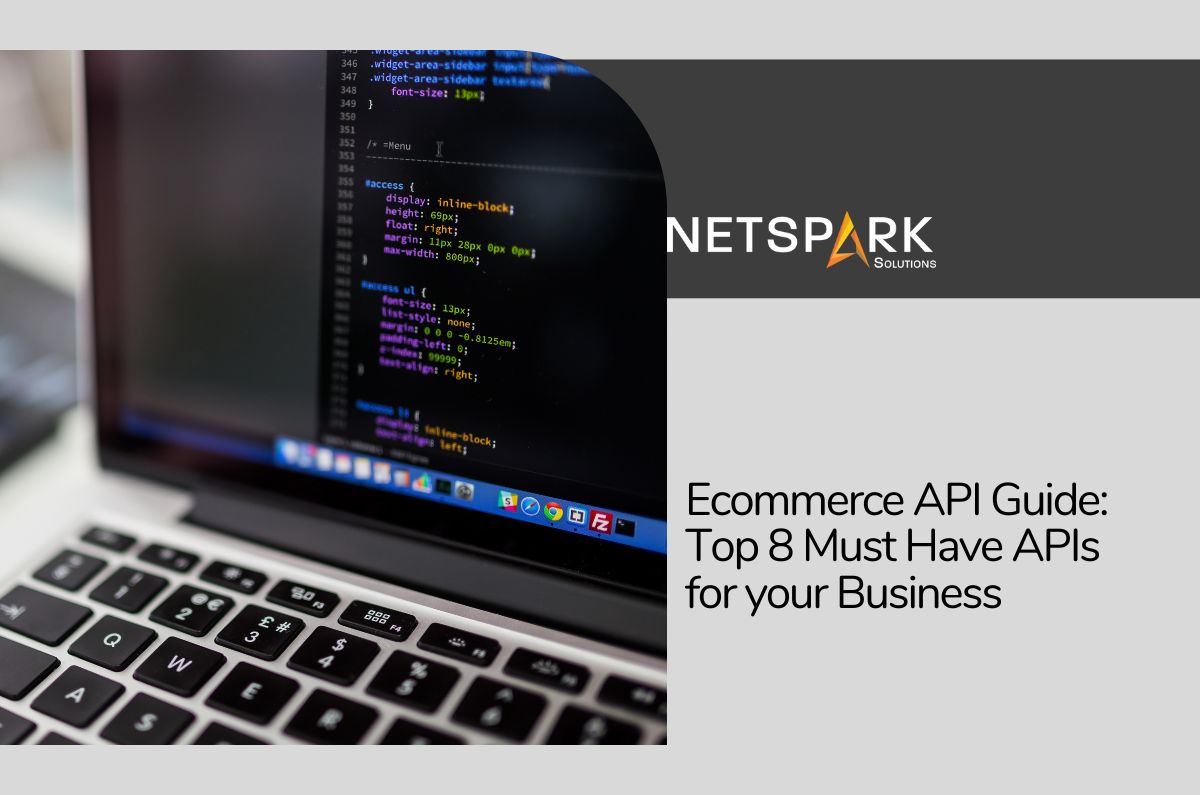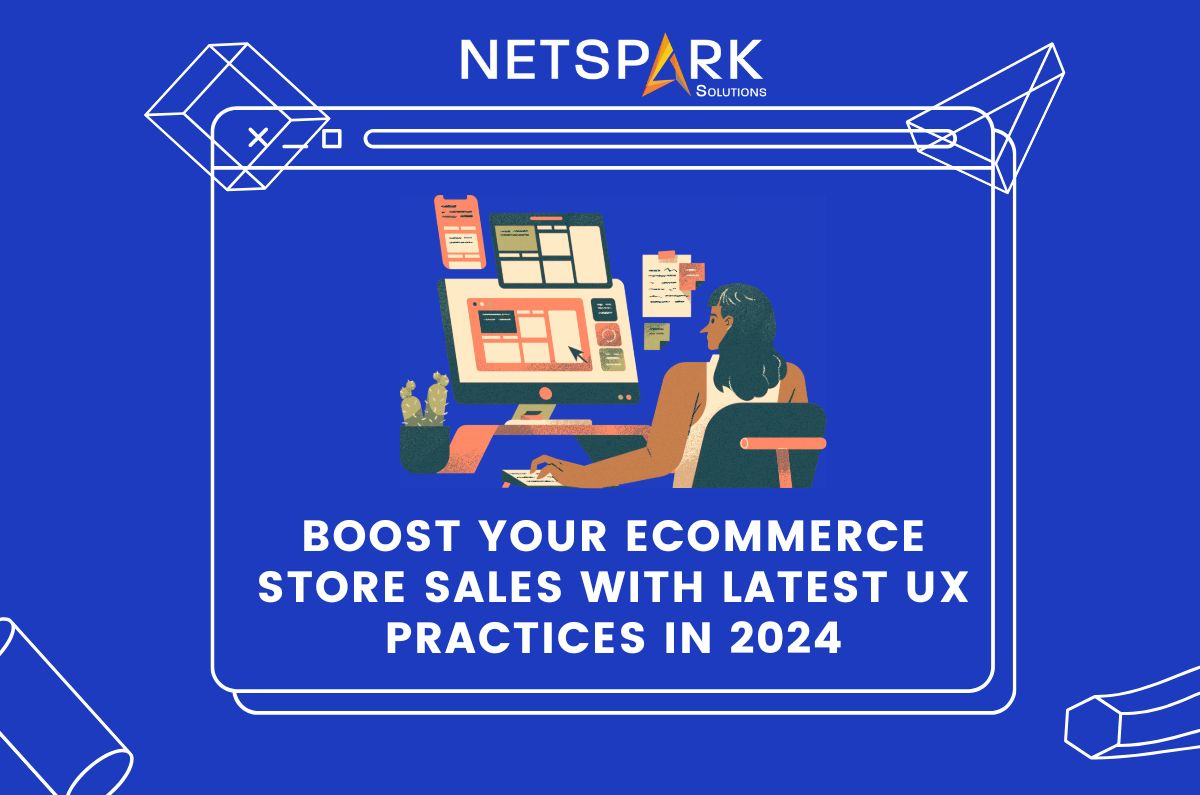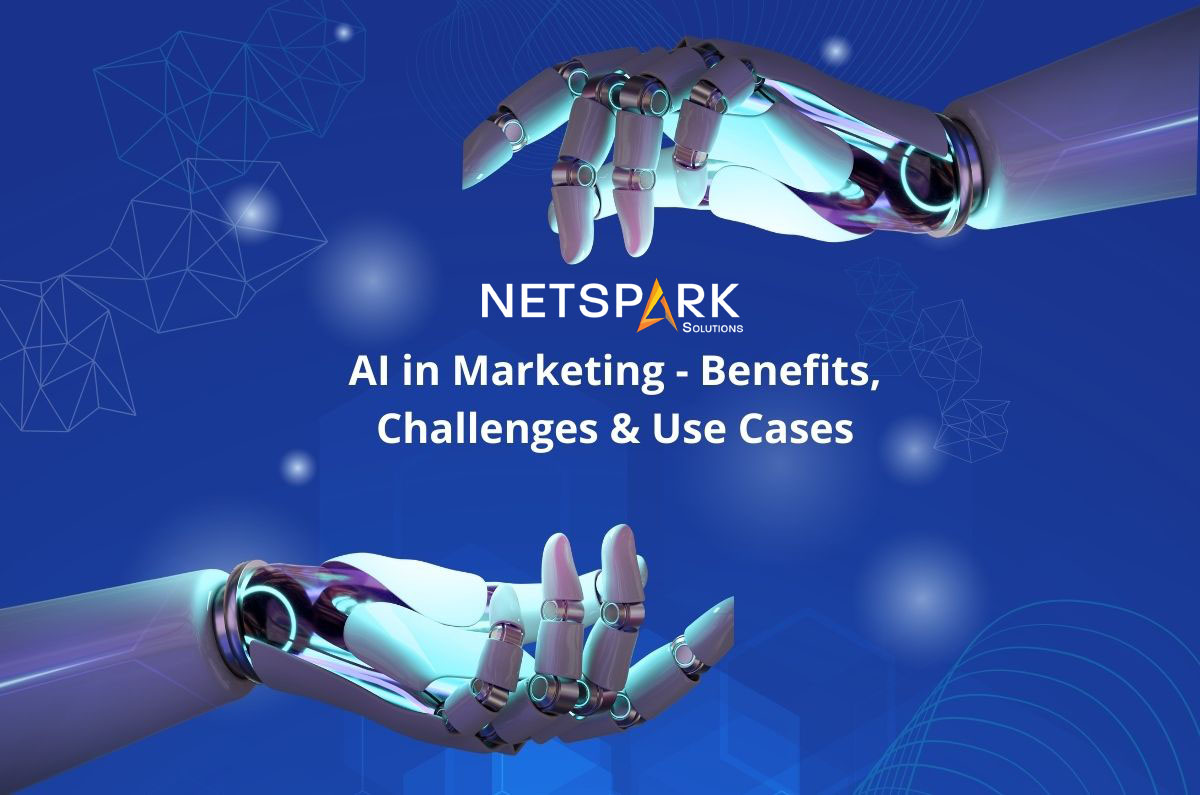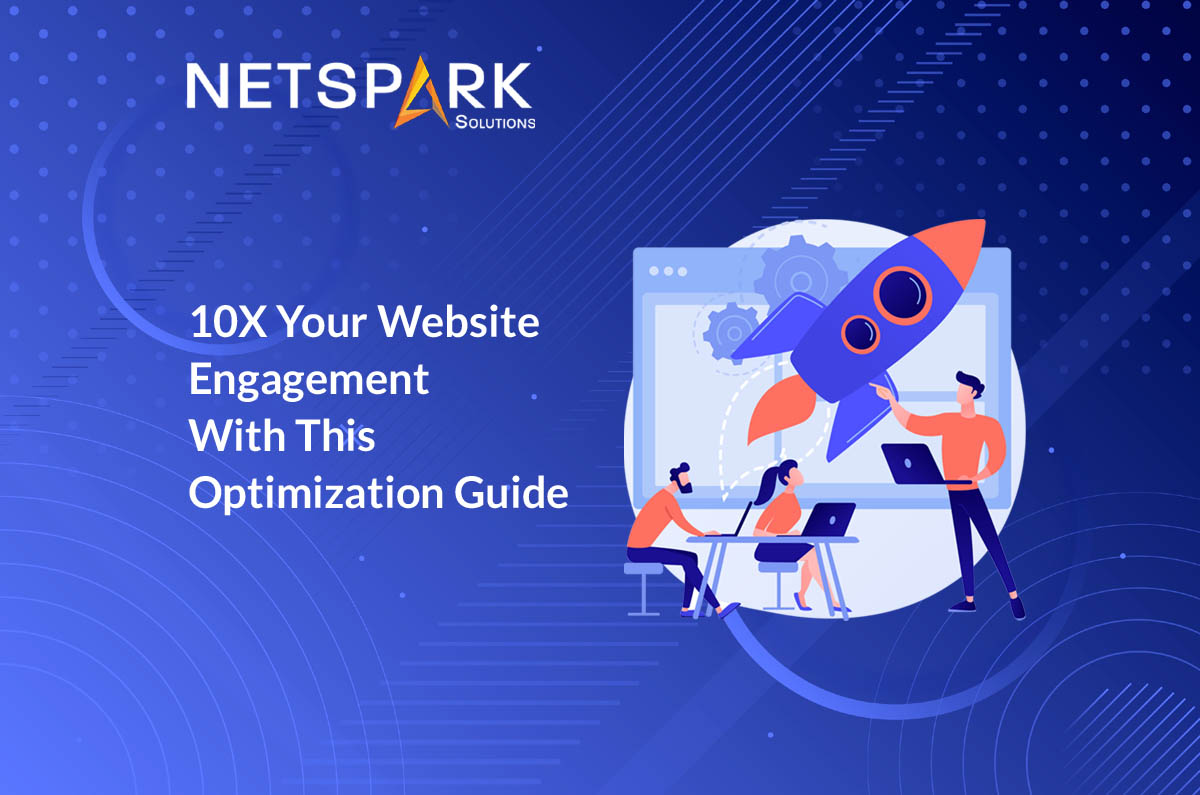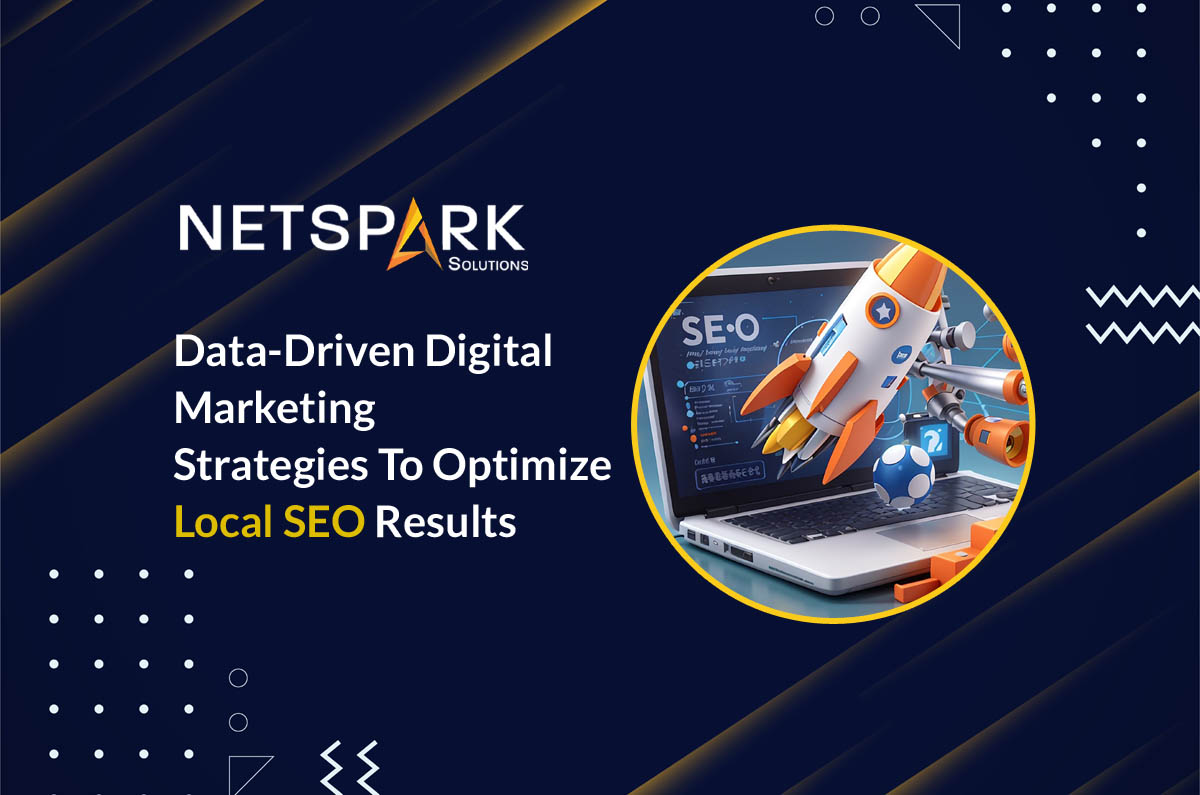Transportation is an integral part of any logistics business. From transporting the raw material to produced goods, transportation allows businesses to move different essential items from one place to the other. To do this, the majority of businesses choose truck rental services.
As opposed to the traditional belief, availing rental trucks to move transports is a more reliable approach as it eliminates the unnecessary expenses of managing a separate transportation department. Businesses can simply rent the required number of trucks and move items from one place to the other by paying a dedicated fee.
With this growth in the global trucking businesses, the industry is expected to reach $204.2 billion by the end of 2030. That’s an annual CAGR of more than 10%. But, running a trucking business in this digital era is not as easy as it sounds.
To establish a strong customer base, it’ll be crucial to invest in your company’s digital transformation. The easiest way to do this is to launch a dedicated truck rental website that allows customers to rent trucks from your organization according to their requirements.
To make your job easier, we have compiled a detailed guide on how to build a truck rental website from scratch.
So, without any further ado, let’s dive in.
Understanding the DIfferent Types of Truck Rental Business Models
Now, before we further into the development cycle of a truck rental website, let’s first take a quick sneak-peek at different types of business models a truck rental business can follow.
1. Truck Rental Marketplaces
A truck rental marketplace is a platform where multiple trucking agencies can list their business and accept requests from customers. Like any other marketplace, a truck rental platform will allow customers to compare different service providers and choose the one that best suits their requirements.
2. Individual Truck Rental Websites
These types of websites are launched by a dedicated truck rental agency itself. The objective with such platforms is to list the company’s services to let customers avail them remotely. The digital presence strengthens the overall brand awareness and helps trucking agencies provide their services to a wider customer base.
The Three Stakeholders of an Online Truck Rental Company
Regardless of the business model you choose, an online truck rental website is likely to have three major stakeholders. If you want to build a successful truck rental company, it’ll be crucial to cater to all these stakeholders by integrating the right features.
1. Customers (Rentees)
Rentees are the users who hire trucks from a rental website. These rentees are the target customers of a rental business. Ideally, the majority of the features of your truck rental website will depend on these customers and their preferences.
2. Renters (Truck Rental Business Owners)
Renters are the truck rental business owners who list out their businesses on a truck rental marketplace. The primary goal of these business owners is to attract more customers for their rental business and boost their overall revenue.
3. Admin
The administrator of an online truck rental marketplace is responsible for managing the entire business operations. They overlook customer acquisition and also manage partnering with trucking agencies to scale the entire marketplace.
How to Develop an Online Truck Rental Marketplace
When it comes to building an online truck rental marketplace, you can follow one of the two different development approaches. Either partner with a third-party web development firm or recruit freelancers to get the job done.
The former approach is more reliable and less hectic as you won’t have to interview multiple candidates to construct an entire development team. You’ll have a single point-of-communication – in this case a dedicated project manager – who’ll understand your business requirements and get the development team to implement them.
Hiring a dedicated development agency also brings forth a plethora of advantages, starting from cost effectiveness to faster time-to-market. A professional web development agency will follow the right development practices to build a feature-packed truck rental marketplace for your brand.
They’ll have a time-tested approach so that you can avoid unexpected roadblocks and launch your website at the earliest.
In saying that, however, working with freelancers comes with its own advantages as well. For instance, you can negotiate the development rates and get your website developed at a pocket-friendly price. Keep in mind that choosing the right development approach will mainly depend on your business objectives.
The Features of an Online Truck Rental Marketplace
The features of any website are crucial to its brand success. Whether you partner with a dedicated truck rental website development agency or recruit freelancers, it’ll be important to incorporate the most suitable features so that you can deliver a remarkable user experience.
Let’s take a closer look at some of the most useful features of a truck rental marketplace.
1. Real-Time Booking Calendar
A booking calendar will allow customers to check the availability of trucks on particular dates and schedule their pickups. The feature can simplify the entire truck booking process as customers can instantly choose the pickup and return dates for their consignments.
2. Calculator
An integrated calculator can help customers get an estimated price for their consignments. Customers can enter valid information including the shipment size, distance proximity between the two locations, and the preferred vehicle type. Based on the entered information, the cost calculator will automatically spit out an estimated price accordingly.
3. Advanced Search Filters
With a search filter, rentees can search for nearby trucking companies and apply filters to narrow down the search results to the most suitable option. They can also use other filters such as distance proximity, vehicle type, and consignment size to find the most suitable trucking companies.
4. Payment Gateway
A payment gateway is an essential part of any online marketplace including a truck rental company. By integrating a payment gateway, your customers can process online payments using different payment modes. There are a variety of API service providers that you can choose to equip your truck rental website with digital payment support.
5. Online Chat Support
While renting a truck, companies have dozens of queries they need to get answered. A quick method to address these queries is to add a dedicated “FAQ” section on your website.
But, if you want to deliver an exceptional user experience, you can get one step ahead and integrate a dedicated chatting panel to let customers get in touch with customer executives. This way they’ll be able to communicate with a representative in real-time.
6. Reviews
When we’re talking about a truck rental marketplace, business owners usually use reviews and ratings of a trucking business to make the right decision. Your development team can design a dedicated ratings & reviews section to let customers leave reviews so that future customers can make the right decisions easily.
Conclusion
That concludes our guide on how to develop a truck rental marketplace from scratch. It’s important to understand building a website for your trucking business is a complicated process. Instead of using a website builder like Wix, it would be better to hire a professional web development agency with a team of expert developers. These developers have extensive expertise in utilizing the best development practices to build a fully functional website for different industries. At NetSpark Solutions, we have expert web developers who have partnered with multiple trucking agencies and helped them embrace digital transformation. Share your requirements with our team and we’ll construct a feature-rich truck rental website accordingly.

